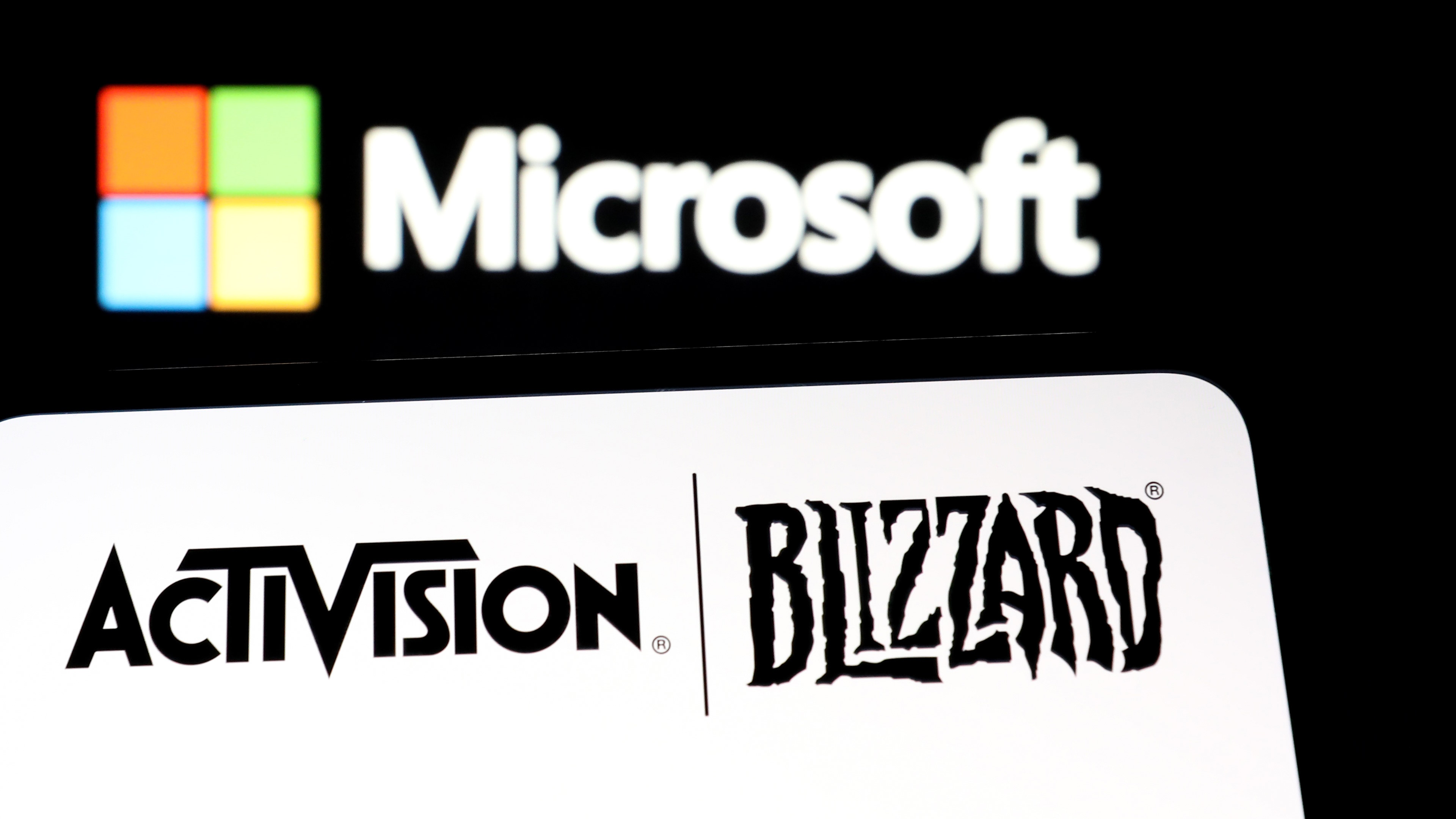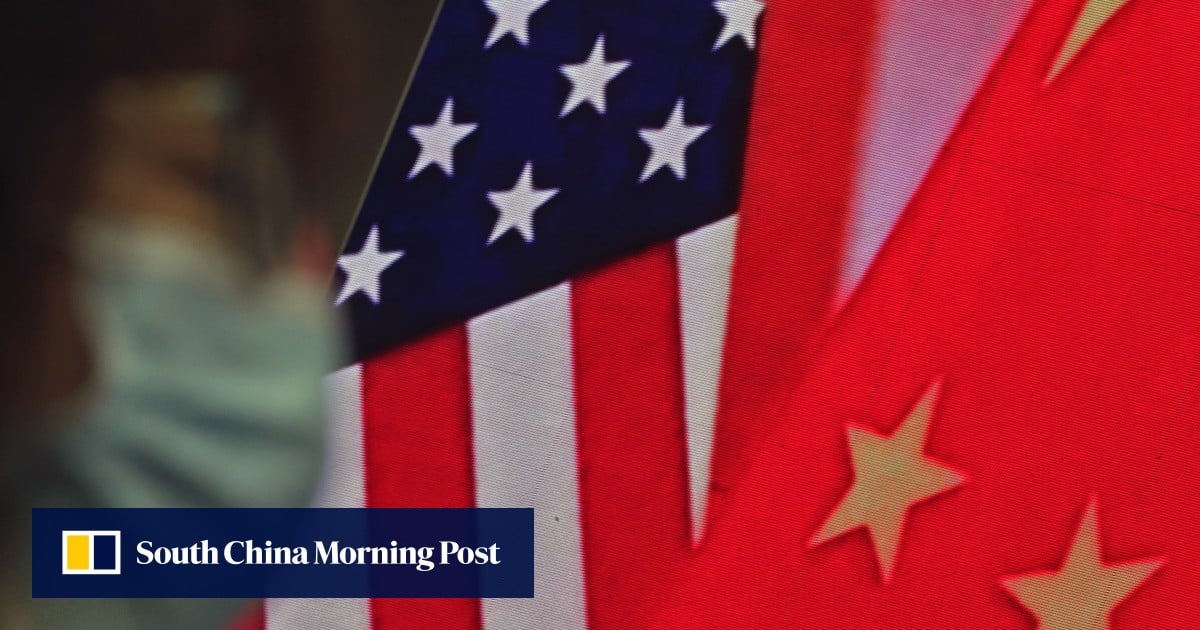Microsoft-Activision Deal: FTC's Appeal And Future Implications

Table of Contents
The FTC's Case Against the Microsoft-Activision Merger
The FTC's core concern revolves around the potential for anti-competitive practices stemming from Microsoft's acquisition of Activision Blizzard. The FTC argues that the merger would give Microsoft an unfair advantage, particularly concerning the immensely popular Call of Duty franchise. Their argument hinges on the potential for Microsoft to leverage Call of Duty's immense popularity to stifle competition.
- Reduced competition in the console gaming market: The FTC fears that Microsoft could make Call of Duty exclusive to Xbox consoles, harming PlayStation and potentially Nintendo, thus reducing consumer choice.
- Potential harm to consumers through higher prices and less innovation: Without the competitive pressure from Activision Blizzard as an independent entity, the FTC believes Microsoft could increase prices and reduce innovation in the gaming market.
- Concerns regarding the anti-competitive practices of Microsoft: The FTC cites past instances of Microsoft's business practices as evidence of a pattern of anti-competitive behavior.
The FTC's initial attempt to block the merger was unsuccessful, leading to the current appeal process. The Commission sought a preliminary injunction to halt the acquisition but the judge ruled in Microsoft's favor.
Microsoft's Defense and Arguments
Microsoft vehemently denies the FTC's claims, asserting that the merger will ultimately benefit consumers. Their defense strategy rests on several pillars:
- Arguments that the merger will benefit consumers: Microsoft argues that the acquisition will lead to increased innovation, wider game availability, and potentially lower prices due to economies of scale.
- Promises to ensure Call of Duty's availability on multiple platforms: A key element of Microsoft's defense is their repeated pledge to maintain Call of Duty availability on PlayStation and other platforms, even signing a legally binding 10-year agreement with Sony.
- Highlighting Microsoft's investments in game development and expansion: Microsoft emphasizes their commitment to investing heavily in game development and expansion, arguing that the acquisition will only accelerate this growth.
Microsoft has also made several concessions during the legal process, further strengthening their defense.
The Appeal Process and Legal Proceedings
The FTC's appeal is currently underway, presenting a complex legal battle with numerous precedents and strategies. Both sides are employing seasoned legal teams, presenting arguments based on established antitrust laws and economic principles. The appeal process involves detailed examination of market data, expert testimony, and careful consideration of previous similar cases. The outcome will significantly impact future tech mergers and acquisitions.
Potential Outcomes and Implications for the Gaming Industry
Several potential outcomes exist: the FTC could win the appeal, resulting in the deal being blocked; Microsoft could win, allowing the merger to proceed; or a settlement could be reached. Each scenario has significant implications:
- Impact on console market competition (Xbox, PlayStation, Nintendo): A blocked merger would maintain the existing competitive landscape. An approved merger could reshape the market, potentially shifting power dynamics.
- Impact on game pricing and subscription services: The merger's impact on pricing remains uncertain, though both sides offer contrasting predictions.
- Impact on future mergers and acquisitions in the gaming industry: The outcome will set a precedent for future mergers, influencing the regulatory environment and potentially hindering or encouraging similar deals.
- Influence on regulatory oversight of the tech industry: This case could set a landmark precedent for antitrust enforcement in the rapidly evolving tech sector.
- Impact on cloud gaming: The merger's effects on cloud gaming services are a significant consideration, influencing accessibility and competition in this growing market.
The Broader Context: Antitrust and Tech Mergers
The Microsoft-Activision deal is not an isolated incident. It highlights the ongoing debate surrounding antitrust laws and their application to tech giants. The precedent set by this case will significantly influence how future tech mergers are approached, both in the gaming industry and beyond. The case will be studied extensively for its ramifications regarding mergers in other tech sectors, referencing and building upon similar precedents already in existence.
Conclusion: The Future of the Microsoft-Activision Deal and its Implications
The FTC's appeal against the Microsoft-Activision deal presents a critical juncture for the gaming industry and the broader tech sector. The outcome will significantly shape the future of competition, pricing, and innovation. The arguments presented by both sides are compelling, highlighting the complexity of antitrust regulation in the digital age. To stay updated on this evolving situation and its long-term impact on the gaming world, follow reputable news sources covering antitrust law and tech industry developments. Understanding the outcome of the Microsoft-Activision deal and its implications for the FTC is crucial to comprehending the future of the gaming industry and the tech landscape. Stay informed on the latest developments in this landmark "Microsoft-Activision Deal" and its ongoing legal battles.

Featured Posts
-
 Is A New Cold War Inevitable Examining The Deterioration Of U S China Relations
Apr 22, 2025
Is A New Cold War Inevitable Examining The Deterioration Of U S China Relations
Apr 22, 2025 -
 Anchor Brewing Company To Shutter A Legacy Ends
Apr 22, 2025
Anchor Brewing Company To Shutter A Legacy Ends
Apr 22, 2025 -
 Googles Search Monopoly Another Court Battle With The Doj
Apr 22, 2025
Googles Search Monopoly Another Court Battle With The Doj
Apr 22, 2025 -
 Assessing Pope Franciss Papacy The Conclaves Verdict
Apr 22, 2025
Assessing Pope Franciss Papacy The Conclaves Verdict
Apr 22, 2025 -
 Trump Supporter Ray Epps Defamation Lawsuit Against Fox News Jan 6 Falsehoods Alleged
Apr 22, 2025
Trump Supporter Ray Epps Defamation Lawsuit Against Fox News Jan 6 Falsehoods Alleged
Apr 22, 2025
